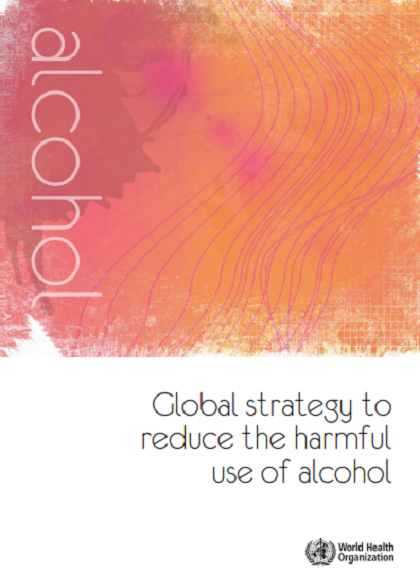In my last post, I briefly outlined how tobacco is now subject to strict legal restrictions in the United States. The sale, promotion, and advertising of tobacco products are also subject to the Framework Convention on Tobacco Control (FCTC), an international legally binding treaty negotiated under the World Health Organization (WHO). Adopted in 2003 (in force in 2005), the FCTC seeks to “protect present and future generations from the devastating health, social, environmental and economic consequences of tobacco consumption and exposure to tobacco smoke” (Article 3).
While WHO has significant constitutional power to adopt legally binding conventions (Article 19) or to adopt regulations (Article 21), there are few international binding obligations specific to health. Since the adoption of the FCTC, there have been calls for WHO to go beyond normative instruments to draft and adopt more legally binding conventions. Proposals have ranged from, for example, a Framework Convention on Global Health, to an international obesity convention. One proposed option, however, has seemed to stand out: an international Framework Convention on Alcohol Control (FCAC).
Would alcohol control make a good candidate for an international treaty?
In addition to the health impacts noted in my previous post, alcohol consumption also has economic costs. Economic costs associated with alcohol consumption are generally broken down into two categories: (1) direct economic costs, which include for example health care, research and prevention, crime and law enforcement, and (2) indirect economic costs, which include premature mortality, reduced productivity, incarceration, loss of employment, and victim time. While more research should be conducted on the economic costs of alcohol consumption at the global level, there have been a number of studies outlining the costs at the national level. For example, a study conducted in the United States estimated that, in 2010, excessive alcohol consumption resulted in $249 billion in economic loss.
The health and economic impacts of alcohol consumption represent a truly global problem and one that exacerbates inequities both between and within countries. While the prevalence of alcohol use increases as income rises, 2016 statistics reveal that the disease burden associated with alcohol is highest in low-income and lower-middle-income countries when compared to upper-middle-income and high-income countries. Further, heavier consumption of alcohol is associated with lower socio-economic status and marginalisation. Therefore, the negative effects of alcohol consumption are disproportionally borne by poorer individuals and nations all around the world.
 While negotiations for an alcohol convention have not yet begun, alcohol control has been the subject a number of normative instruments over the last decade. In 2010, the World Health Assembly adopted the Global Strategy to Reduce the Harmful Use of Alcohol. Although it is a non-legally binding instrument, it represents the agreement of 193 WHO Member States for national and global alcohol control priority areas. This instrument was an important step towards creating guidelines for the global community to follow and could be considered an important stepping stone for moving towards a binding international treaty.
While negotiations for an alcohol convention have not yet begun, alcohol control has been the subject a number of normative instruments over the last decade. In 2010, the World Health Assembly adopted the Global Strategy to Reduce the Harmful Use of Alcohol. Although it is a non-legally binding instrument, it represents the agreement of 193 WHO Member States for national and global alcohol control priority areas. This instrument was an important step towards creating guidelines for the global community to follow and could be considered an important stepping stone for moving towards a binding international treaty.
At the national level, countries are taking steps towards more stringent alcohol regulation. For example, the Loi Evin in France restricts alcohol and tobacco advertising. The law also prohibits advertising targeted at young people, advertising via television or at the cinema, and advertising through the sponsorship of cultural or sporting events. The law also controls the content of the advertisement, which must be limited to specific qualities of the products and must present a health message about the risks of alcohol abuse. Although it was subsequently challenged, the European Court of Justice upheld the Loi Evin on the basis that it sought to achieve legitimate public health goals. Similar laws are surfacing around the world, including in the Americas where countries such as Guatemala and Costa Rica have also implemented bans on promotion and sponsorship at sporting and cultural events.
These actions at the international and national levels show an understanding of the role that governments can play in curbing the health, social, and economic harms associated with alcohol. In my next post, I’ll discuss the desirability and feasibility of a WHO Framework Convention on Alcohol Control.



